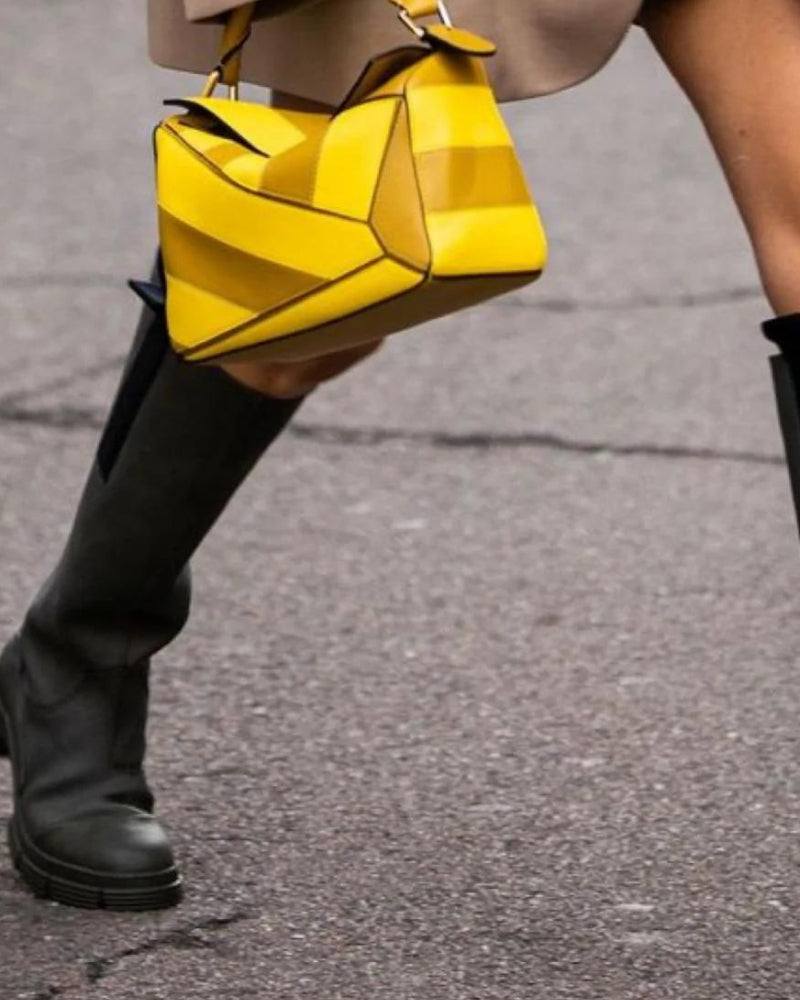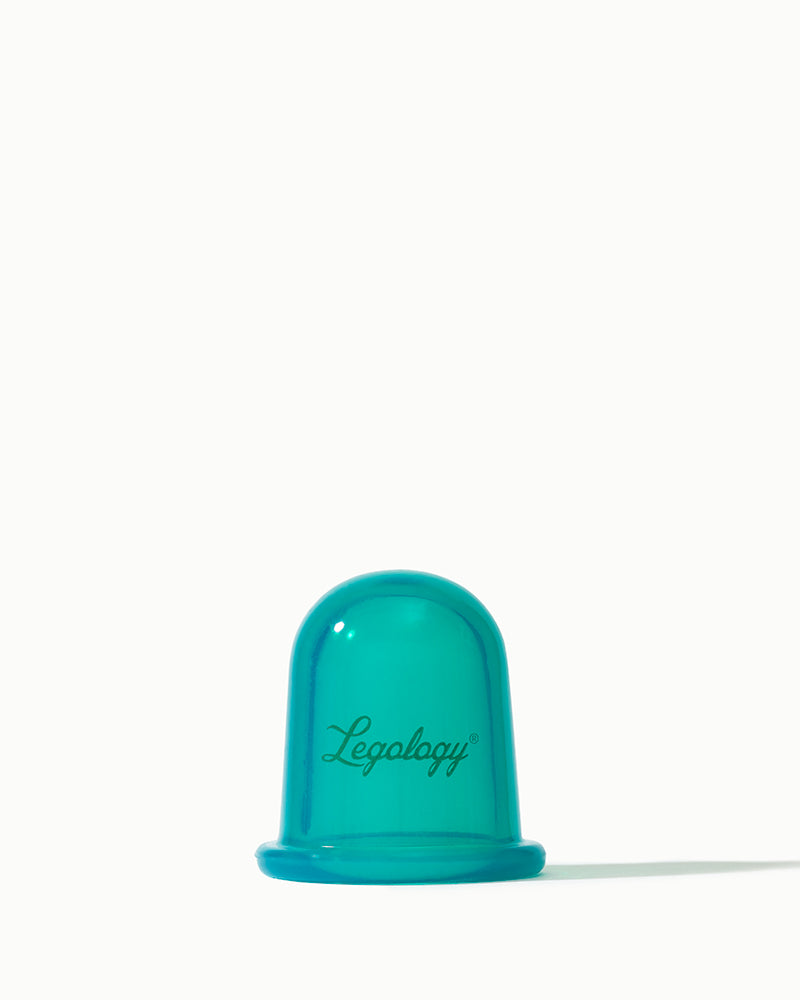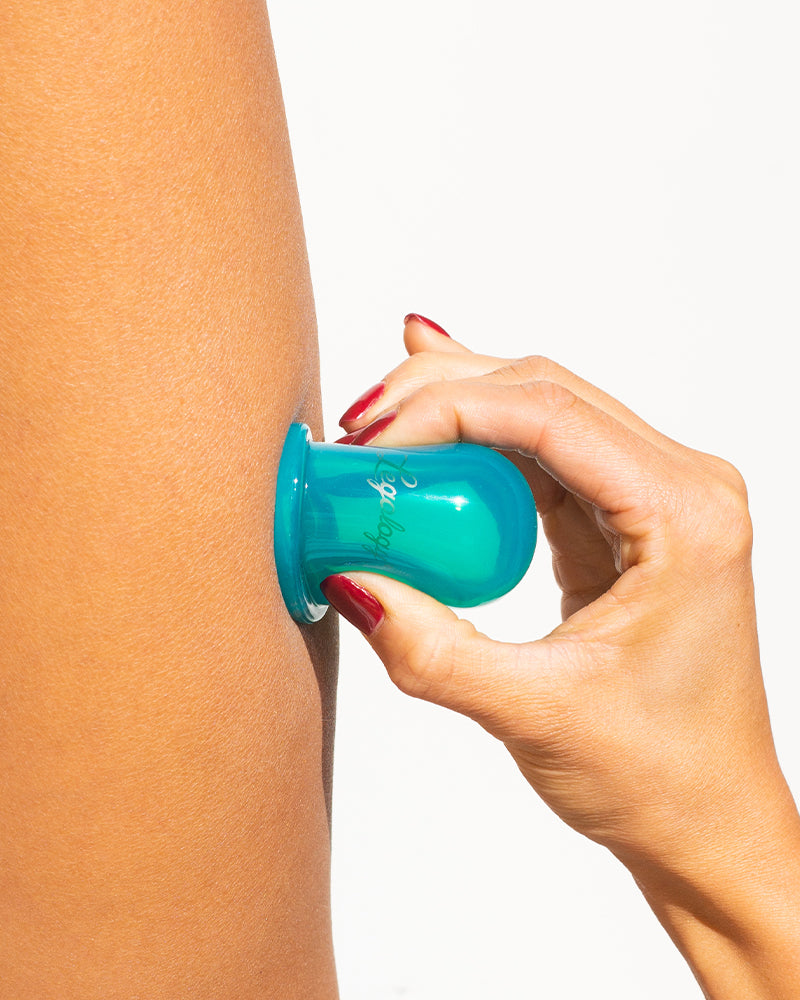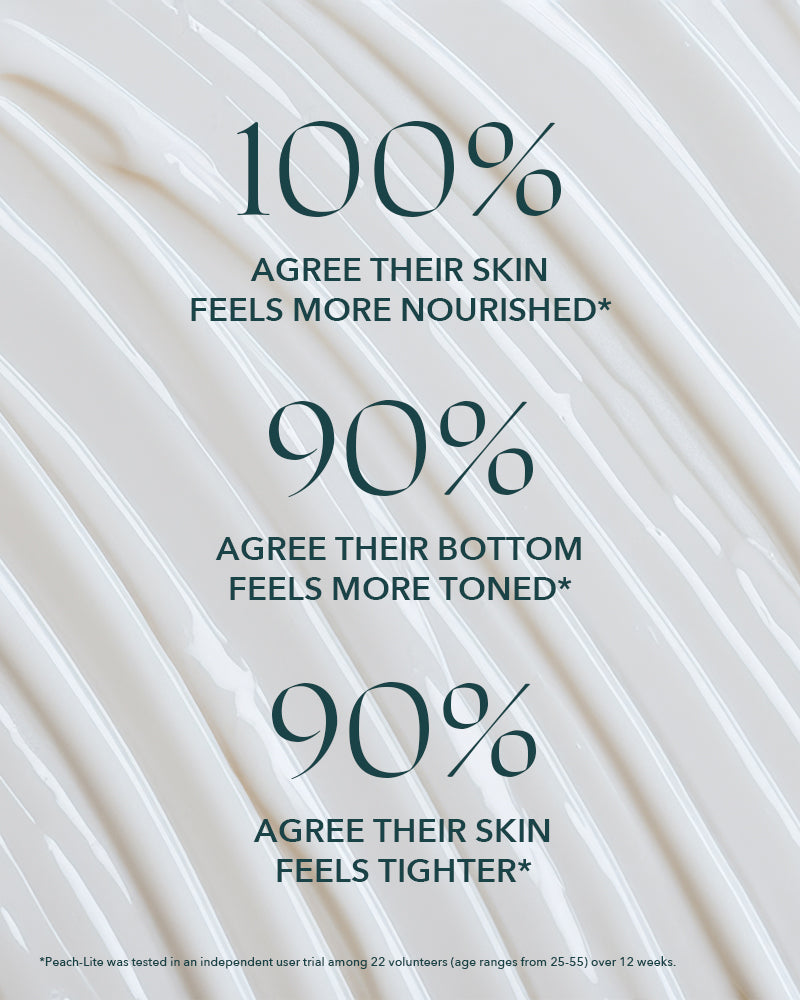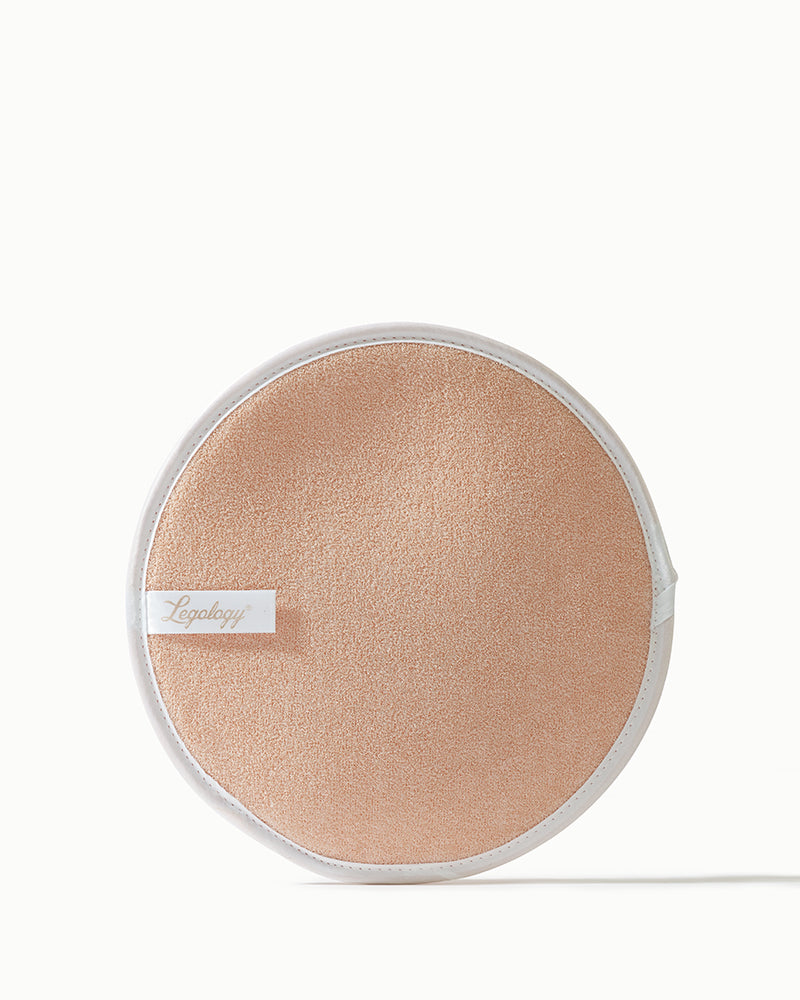Damaging your nerves
Staying in your crossed legged position for several hours, can even lead to a condition called peroneal nerve palsy. Palsy causes reduced muscle strength. It makes it much more difficult to lift your foot, twist your ankle and wiggle your toes.
Prolonged compression of the (peroneal) nerve that runs along the outer part of your knee can sometimes make your foot ‘fall asleep’ after crossing your legs. After a few seconds things will usually return to normal. In some people, it takes a bit longer (minutes).
In a very small number, prolonged and/or habitual leg crossing may damage the nerve, and probably has more to do with a special susceptibility rather than the behaviour itself.
In men, crossing your legs while wearing trousers raises the temperature of the groin area. This has led to the suggestion that would-be fathers should not cross their legs (or for the same reason wear tight fitting underwear and balance a laptop). But you’d probably have to leave them crossed for many hours every day to have any effect on your sperm count. And besides, most men tend to rotate their hip out when crossing their legs for long periods to make a figure of four and so alleviate any unwanted tension.
So piety and respect aside, you’re unlikely to do any longlasting harm simply by crossing your legs while sitting. The problem is really caused by sitting in the first place. Don’t make yourself comfortable – get up and get moving.



